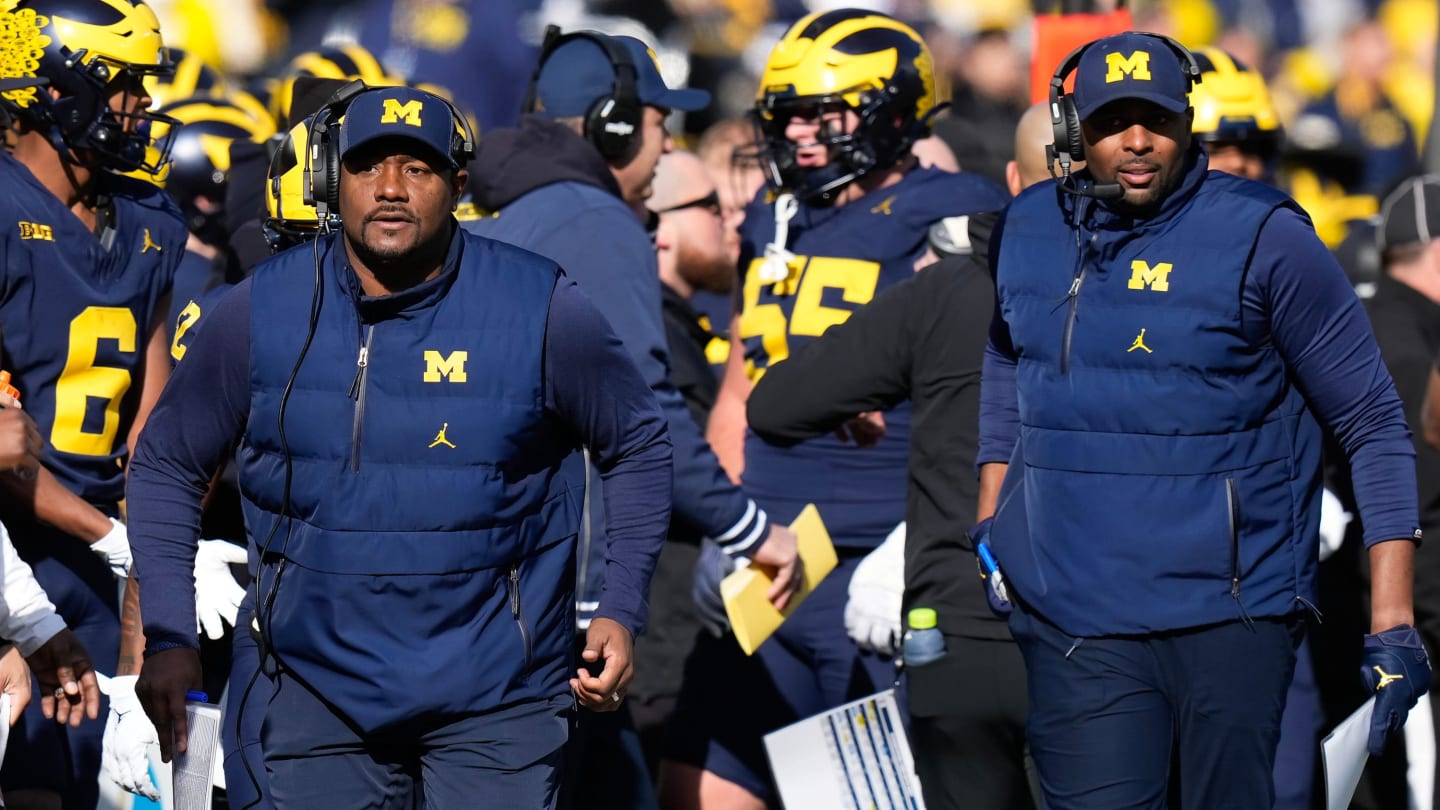In light of the unprecedented hurricane in the Caribbean, urgent climate protection is needed

Share – Hurricane Beryl set a historic course on June 30 when it made landfall in several Caribbean islands. It was the earliest Category 4 storm ever recorded in the Atlantic hurricane season and struck islands such as Grenada, Barbados and St. Lucia. For climate analysts, this is a devastating reality that they have been predicting for decades. Speaking at Climate Analytics Caribbean’s Midpoint to COP event, Director Rueanna Haynes lamented the slow progress countries are making in implementing the necessary measures to limit global warming and avoid the worst impacts of climate change.
Impacts of climate change, such as increased ocean temperatures, are contributing to hurricanes becoming more intense. Countries participating in the United Nations climate negotiations have joined the Paris Agreement and committed to measures aimed at limiting temperature increases to 1.5°C above pre-industrial levels. But with global warming currently at about 1.36°C, we are already seeing devastating impacts. Small island developing states in the Caribbean are particularly at risk.
“We don’t need to convince anyone here that we are at a critical moment in terms of the impacts of climate change,” Ms Haynes said. “It means that the global process cannot fail – it must not fail and must rise to the occasion. The process that created the Paris Agreement must absolutely deliver.”
The Climate Analytics Caribbean team recently returned from supporting small island negotiations at the Bonn Climate Change Conference (SB60), held at the World Conference Centre and the United Nations Campus in Bonn, Germany. Ms. Haynes shared her conclusions and insights on the issues that Caribbean countries must effectively address to ensure a strong outcome at this year’s crucial COP29 climate summit.
“There has been some limited progress, but it is not going far enough or fast enough, and all this is fuelling a sense of despair about the prospects of actually reaching the 1.5 limit,” she said. “We cannot risk the very real consequences of rolling back our commitments.”
“At COP29, climate finance will be the big issue, particularly the new collective quantified target – a new figure to replace the previous $100 billion target. The NCQG is of great importance to the Caribbean as it is hoped that it will truly address the needs of developing countries in relation to climate change. This financing will support the agreements we made at COP28 last year, including promoting a fair and inclusive green economy through the just transition.”
Haynes also noted that negotiators will push for progress on implementing the outcomes of last year’s Global Stocktake, including cementing the global transition away from fossil fuels, tripling renewable energy, doubling energy efficiency and reducing methane emissions by 2030. She also shared that carbon markets are expected to receive significant political attention as some see them as an innovative source of finance and an opportunity to boost the private sector, while others remain skeptical of their usefulness.
Other panelists who contributed to the remarkably engaging discussion included Mr. Reyad Mohammed, Environmental Education Officer, Environmental Management Authority (EMA); Ryan Bachoo, Senior Editor, Newsgathering – Guardian Media, Ltd.; Sasha Jattansingh, Loss and Damage Expert – Climate Analytics Caribbean; Carlon Mendoza, Climate Policy Advisor, Climate Justice – Climate Analytics Caribbean. The event was moderated by Derval Barzey (Moderator), Founder and Host of Climate Conscious Podcast.
Renowned journalist Ryan Bachoo echoed Ms Haynes’ comments on the central role that climate finance will play at COP29.
“The Caribbean media needs to talk about climate finance – it affects us directly. We often see comments about how small island developing states ‘want’ money from developed countries, but our circumstances prevent us from accessing sufficient funds. We need action on this. We also need more financial support for civil society organizations doing important work on the ground.”
Mr. Reyad Mohammed inspired the audience with a powerful message.
“We talk about the future and what could happen – and it is the current and next generation of young people who will be affected by the climate crisis. A change in behaviour and culture is needed in the Caribbean. Climate education needs to be integrated into the education system. We need to integrate the concepts into traditional subjects so that people are sensitised to it from a young age. When an island stands together, it is noble and brave, but when the people of the Caribbean come together, we are truly strong.”
About Climate Analytics Caribbean
Climate Analytics was founded in 2008 to create a low-carbon, sustainable future for all. We deliver cutting-edge scientific analysis and support the acceleration of climate action to limit warming to below 1.5°C. Our work empowers countries, communities and people on the frontlines of the climate crisis.
Based in Trinidad and Tobago, Climate Analytics Caribbean aims to significantly expand the science-based, knowledge-based resources that Small Island Developing States (SIDS) and Least Developed Countries (LDCs) in the region need to effectively counteract the impacts of climate change.



